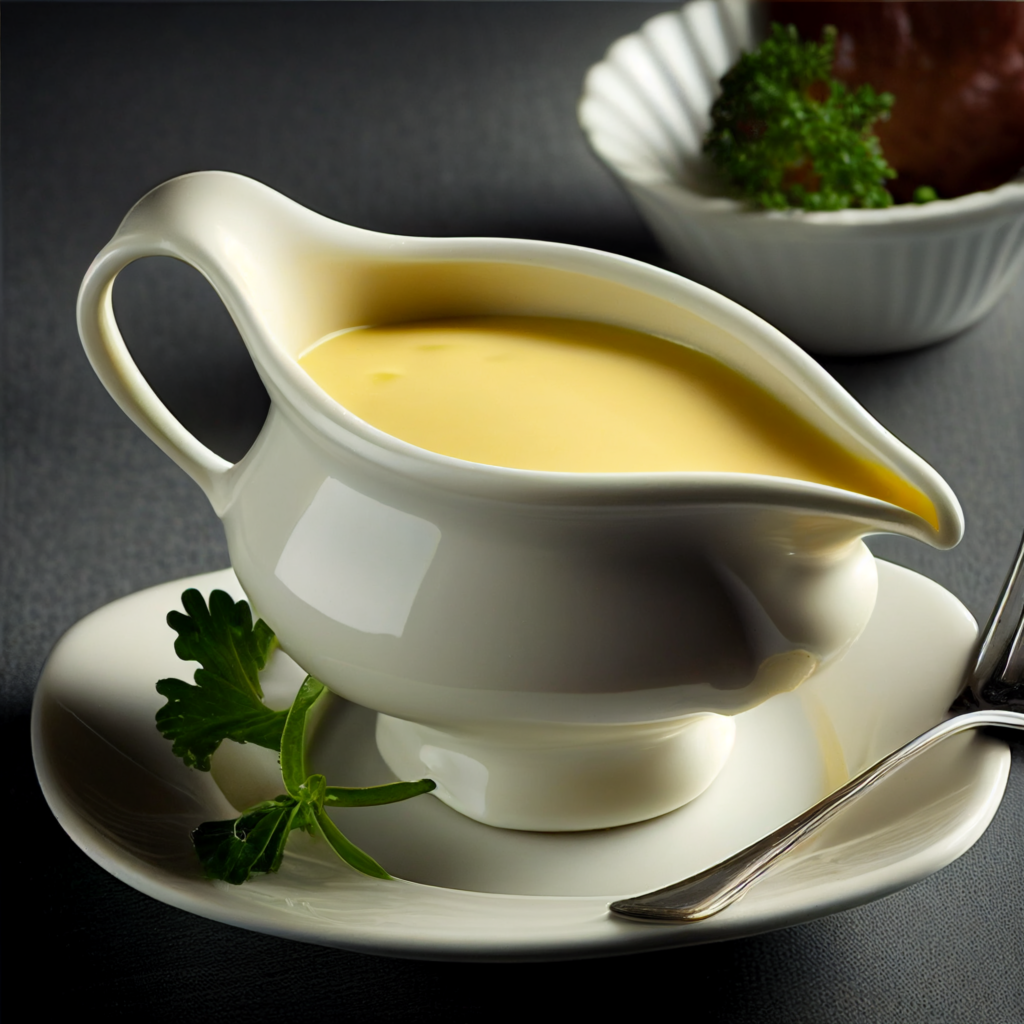
Hollandaise sauce is one of the most exquisite sauces in French cuisine. It is perfect for preparing dishes from eggs, fish, and vegetables. The history of the creation of this sauce began in France in the 19th century.
Hollandaise sauce was invented during the reign of French Emperor Napoleon III. At that time, French cuisine was known for its complex dishes and sophisticated sauces. Napoleon III loved to treat his guests to true culinary masterpieces, and therefore he instructed his chefs to create a new sauce that could surprise and delight his guests.
One day, a chef named Cléranse Jean-Baptiste Coll, who worked at a restaurant on Fabourg Saint-Antoine Street in Paris, prepared a sauce that resembled Hollandaise sauce, which is traditionally served in Holland with potatoes. He used eggs, butter, vinegar, and lemon juice. Cléranse showed his new sauce to Napoleon III, who was very pleased with the result.
Cléranse Jean-Baptiste Coll became famous thanks to his Hollandaise sauce, and his recipe was passed down from generation to generation. Today, Hollandaise sauce has become one of the most popular sauces in the world, and it can be found in most restaurants where dishes from eggs, fish, and vegetables are served.
However, making Hollandaise sauce requires some skill and attention to detail. The sauce is prepared in a water bath, with constant stirring to avoid thickening. Some chefs add nutmeg or cream to the sauce to enhance its taste.
In addition, Hollandaise sauce can be used not only for preparing dishes but also for garnishing them. It can be served with vegetables, meat, or fish, and it can be used as a dip for vegetables or fruits.
In conclusion, Hollandaise sauce has become an integral part of French cuisine and culinary art in general. It is used in various recipes, and its taste and texture give dishes an exquisite and refined taste. In many restaurants, Hollandaise sauce is made on-site so that guests can enjoy freshly prepared and aromatic sauce.
However, despite its popularity, making Hollandaise sauce can be a difficult process that requires skill and experience. Improper combination of ingredients or failure to observe the proper temperature can cause the sauce to thicken or break.
Hollandaise sauce is also quite high in calories, as it contains a lot of fats and eggs, so its consumption should be moderate. Some chefs use lighter alternatives for Hollandaise sauce, such as sauces based on yogurt or kefir.
Overall, Hollandaise sauce is a culinary masterpiece that was created on the orders of the French emperor and has become an integral part of culinary art. Its taste and texture give dishes an exquisite flavor, but making this sauce can be a difficult process that requires skill and experience. Nevertheless, Hollandaise sauce continues to delight gourmets and lovers of French cuisine around the world.